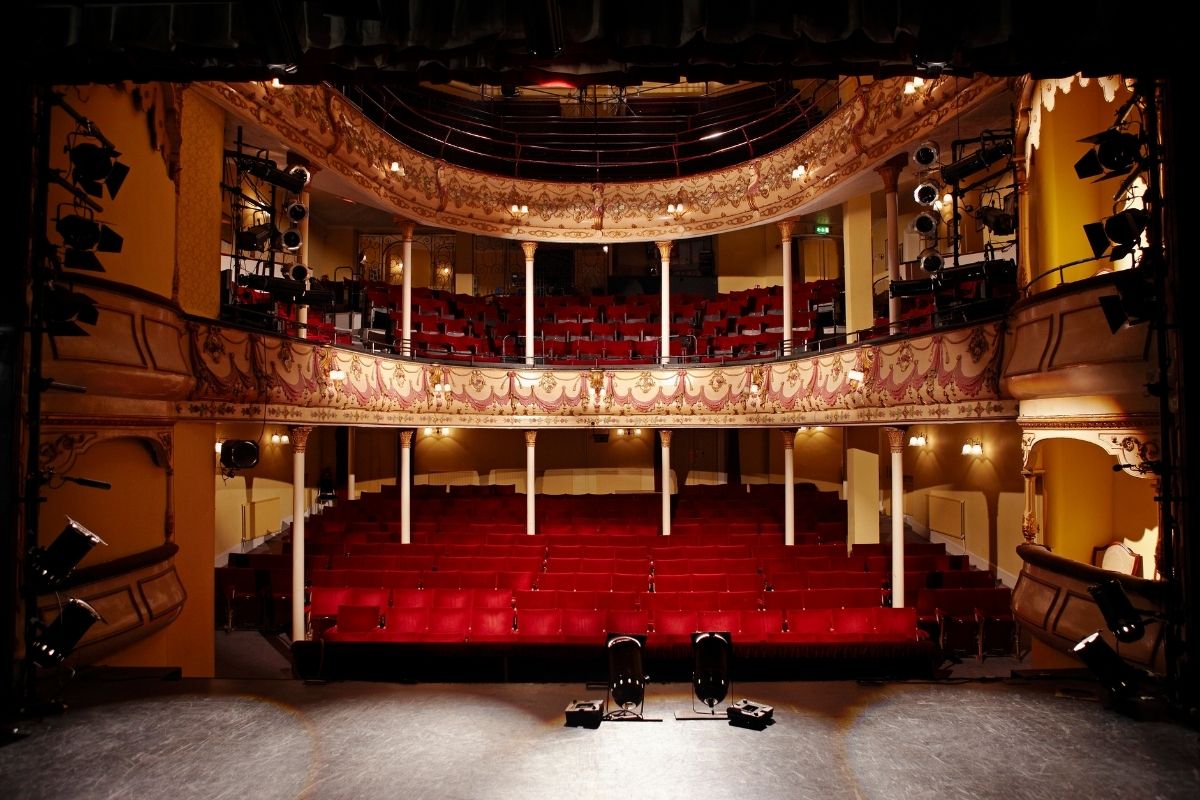A Performer’s Physical Experience in Performing Arts

Scott Illingsworth tells us that an actor will eventually understand the arc of the story and the world that a character inhabits. That’s the moment to begin zooming in a little tighter on their character’s experience of the script. That’s the time to begin exploring some of the things we often think of more as acting exercises.
He goes on to say, ” I think, especially because working on a role often starts with a piece of text — and sometimes, even the process of looking at the scripts can feel like an academic or analytical process — that it can be easy to forget, in those early stages, that acting is a physical art form. It’s a craft of constructing something over time the way any trade constructs things over time. And the way you construct it is with your body.” This is important to any performing arts education, including online performing arts education.
Working on a role often starts with a piece of text. Sometimes, even the process of looking at the scripts can feel like an academic or analytical one. It can be easy to forget, in those early stages, that acting is a physical art form. It’s a craft of constructing something over time. In the same way any trade constructs things over time, you construct with your body.
Scott thinks actors should develop a tool toolkit that includes using their bodies to explore the world from the beginning. He often discusses with his students how important it is to understand the way your mind works with the rest of your body. “For a long time, we talked about acting as either thinking or doing,” he explains. “We talked about this separation between the mind and the body or working from the outside in or the inside out.”
He feels that the more we understand human beings, the more we understand that this separation is false. Your thoughts influence the way your body exists in space and what you do. All the experiences and events that happen to your body change your thoughts. It’s a continuous integration cycle. It’s important that actors understand this as soon as possible. It should be before they get into a room with other actors or before they get on the set.
It means things like taking a script and traveling around a studio, or even your home, as you explore the world. Does this person change spaces? Do they move from room to room? Are they doing an activity during this scene? What does it mean for you to explore that same activity? What does it mean to say these words while you do some of the things this person does?
Even something as simple as that, acting out the things that the person does, puts your body in space doing things while you speak those words. “And it has a profound impact on people when they really begin to understand how physical an experience acting is for both the performer and the audience,” he concludes.

